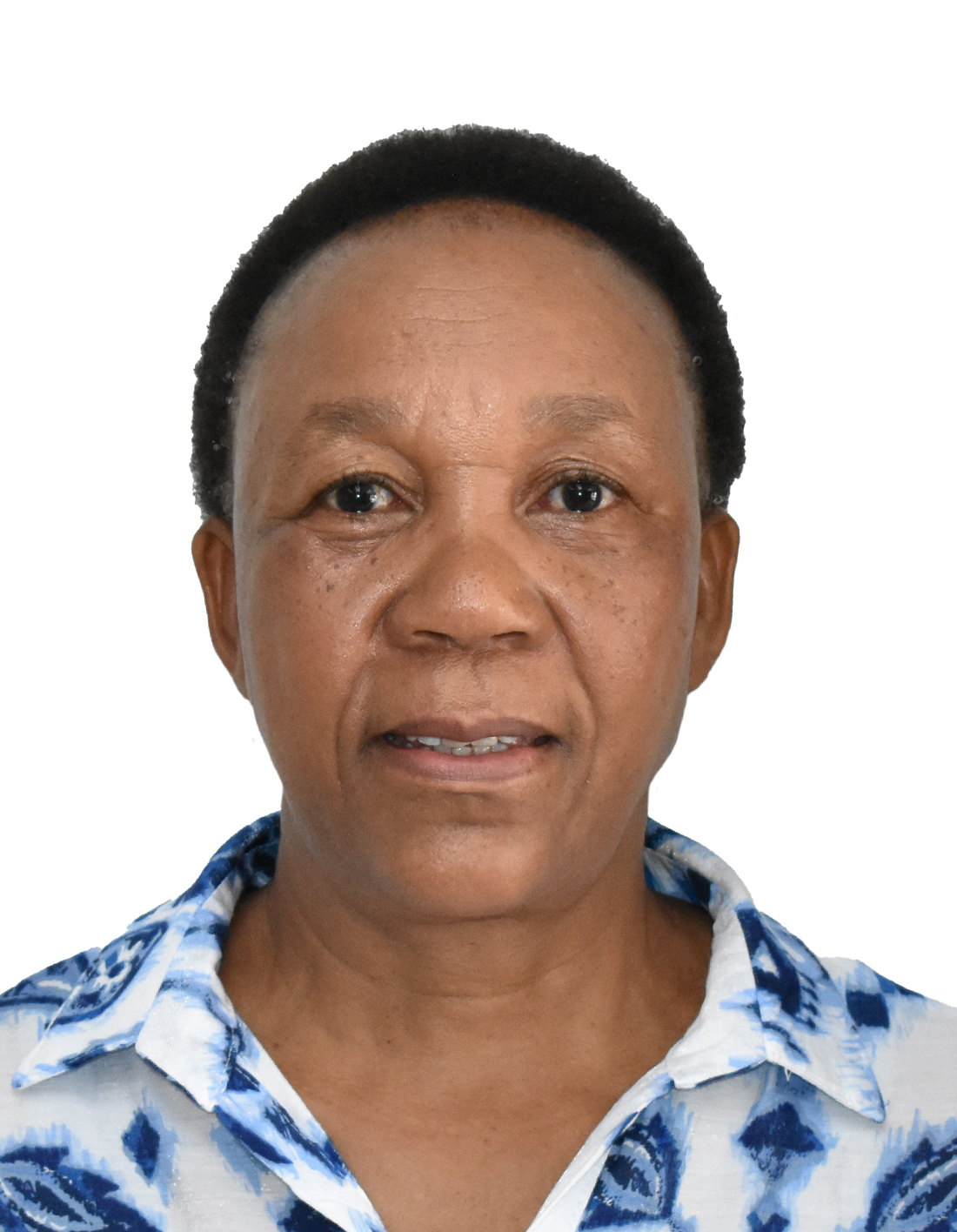Higher Certificate in Information Communication Technology in User Support
 Dr Motselisi Chere
Programme Co-ordinator
Dr Motselisi Chere
Programme Co-ordinator
Programme Description
The HCert (ICT User Support) curriculum will empower graduates with the practical, professional and soft skills that are necessary to be competitive in the field. The purpose of the HCert (ICT User Support) is to enable the students to acquire knowledge and skills that will enable them to use Information and Communication Technology (ICT) and computing skills to provide user support services as technicians and helpdesk practitioners. Graduates will possess appropriate competencies, knowledge and technical skills related to the service desk environment. The HCert (ICT User Support) will provide students with sufficient theoretical, analytical and practical knowledge in emerging ICTs to allow for professional and academic growth in careers such as support services and communication networks, so as to make a constructive contribution to industry and society at large. The skill sets presented by the programme also allows the graduates to develop as holistic practitioners with creative and innovative skills, and applied and cognitive competences in the acquisition, interpretation and application of ICT principles in a professional and ethical manner. It further aims to equip them to become life-long independent learners who are capable of undertaking basic research in order to solve routine problems in the help desk environment.
Sites of delivery
Higher Certificate in Information Communication Technology in User Support is offered at both campuses of the University of Mpumalanga.
Admission requirements
| National Senior Certificate (NSC) |
National Certificate (Vocational) (NC(v)) |
Admission Point Score (APS)
- 20 with Mathematics level 2: 30 – 39%
- 22 with Mathematics literacy level 4: 50 – 59%
English (Home Language or First Additional Language): Level 4: (50 – 59%)
NSC achievement rating of at least 2 (30 – 39%) for any other 3 content subjects |
NC(V) level 4 in Information Technology and Computer Science
English (Home Language or First Additional Language: 40 %
Mathematics: 30%
Mathematics Literacy: 50%
NC(V) achievement rating of at least 50% for 4 vocational subjects. |
Recognition of Prior Learning
The University accepts Recognition of Prior Learning (RPL) as an integral part of education and academic practice. It is acknowledged that all learning has value and the University accepts the challenge to assess prior learning that is aligned to programmes and award credit (through CAT) to promote lifelong learning. The purpose of the University of Mpumalanga’s RPL and CAT policies is to recognize prior learning in order to provide for admission to programmes, grant advanced placement in programmes and grant credits for modules using the principles and processes that serve as basis for RPL practices.
Duration
The Higher Certificate in Information Communication Technology in User Support is at exit level 5 on the HEQSF, with a requirement of 120 credits. It is offered over 1 year, full time. Teaching will by contact, practical, virtual sessions and blended learning modes.
Curriculum and Credits
Study Period 1
| Subject Code |
Subject Description |
SAQA Credit |
Course Level |
Core/Elective |
| HICT111 |
Information Technology Services Management 111 |
15 |
5 |
Core |
| HICT121 |
Academic Literacy and Professional Development 121 |
15 |
5 |
Core |
| HICT131 |
ICT Fundamentals 131 |
15 |
5 |
Core |
| HICT141 |
Networking 141 |
15 |
5 |
Core |
| HICT112 |
Information Technology Services Management 112 |
15 |
5 |
Core |
| MATH102 |
Mathematics Foundations 102 |
15 |
5 |
Core |
| HICT122 |
ICT Fundamentals 122 |
15 |
5 |
Core |
| HICT132 |
Networking 132 |
15 |
5 |
Core |
| MIC100 |
|
|
|
|
Articulation
The HCert (ICT User Support) will create opportunities for progression for graduates who intend to further their studies and careers by acquiring further qualifications. Students who complete this qualification will be able to progress to Diploma, Advanced Diploma, and Postgraduate Diploma and thereafter to further postgraduate studies if they meet the entrance requirements